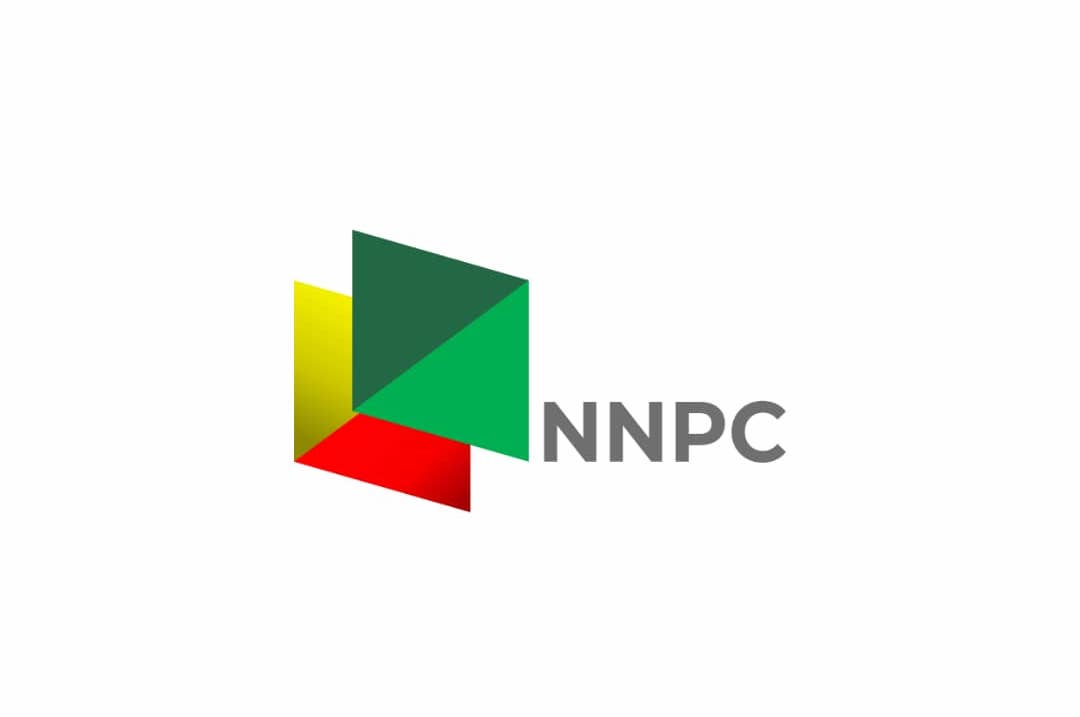
Bagudu seeks community-based approach to strengthen intra-African trade
Afreximbank allocates $40 billion to boost trade within Africa
James Emejo in Abuja
Minister of Industry Trade and Investment, Dr. Jumoke Oduwole, yesterday, declared that despite global headwinds, from tariff tensions to shifting economic dynamics, Nigeria recorded deeper levels of economic diversification, stronger industrial capacity, and unprecedented opportunities for Nigerian businesses across Africa.
Oduwole said the government and all stakeholders must ensure that our collective efforts, going forward, are intentional and coordinated, towards achieving our economic agenda.
She spoke in Abuja at the inaugural African Continental Free Trade Area (AfCFTA) Public-Private-Press-Partners (P4) summit, where two new trade intelligence tools, developed by the ministry, were launched. They included the National Action Plan Framework of the Council on Climate Change (CCC).
Minister of Budget and Economic Planning, Senator Abubakar Bagudu, advocated a community-driven approach to maximise AfCFTA, stressing that every Nigerian community holds tradable value capable of driving national and continental prosperity.
Bagudu commended Oduwole for her long-standing commitment to promoting ease of doing business and placing knowledge sharing at the centre of trade discussions.
He said, What may seem mundaneknowledge sharingis central to Nigerias competitiveness under AfCFTA.
Similarly, Director, Trade Facilitation and Investment Promotion, Afreximbank, Mr. Gainmore Zanamwe, said the bank had allocated over $40 billion to support intra-African trade and investment.
Oduwole explained that the summit was designed to enable deeper understanding of the AfCFTA framework and mobilise all economic efforts towards achieving Item 7 of President Bola Tinubus Renewed Hope Agenda.
She said the continental trade agreement represented one of the most ambitious economic integration efforts in the world the largest free trade area in the world by number of participating countries, with a combined GDP of about $3.4 trillion, and a lively market of 1.4 billion people, the majority of whom are young.
Oduwole said the platform also represented an economic arrangement that ensured African producers, investors, traders and workers could profitably convert opportunity to prosperity.
She stated, The key argument for the AfCFTA is simply that Africa retains more value when she trades with herself. By implication, our economic ambitions are inseparable from our participation in the AfCFTA market.
According to her, AfCFTA came into force in May 2019 with ratification by 22 African Union (AU) member states. Nigeria ratified the agreement in 2020.
The minister pointed out that currently, 48 AU member states, or 87 per cent of African countries, had ratified the agreement, adding that our one African market is coming to life.
She stated that throughout the year, the trade ministry and partners had worked relentlessly to ensure that the country delivered on her responsibility and maximised the opportunity in AfCFTA, adding that it remains Africas champion of trade-led regional integration.
Oduwole said, Many of the anchor continental instruments were conceived and birthed here. These include the Lagos Plan of Action 1980 and the Treaty Establishing the African Economic Community 1991, also known as the Abuja Treaty. It was also here in Abuja that the negotiations for the AfCFTA Agreement were concluded in 2017.
The minister further averred that the ministry, and the AfCFTA Central Coordination Committee, under her leadership, will continue to place Nigeria as a successful and dynamic leading player in the AfCFTA market.
Oduwole highlighted Nigerias full readiness to implement AfCFTA, following the Federal Executive Councils approval of the AfCFTA Protocol on Digital Trade, making Nigeria the first African country to ratify the digital trade protocol.
She said the move opened doors for digital services firms and demonstrated Nigerias commitment to modern and inclusive trade.
The minister emphasised the need for collaboration across government agencies, development partners, the private sector, and the media, highlighting their crucial roles in communicating opportunities to Nigerians.
She called for diversification of export assets, increased value-added intra-African trade, and greater effort to ensure that communities, businesses, and workers across Nigeria benefitted directly from AfCFTA.
She said, We must ask ourselves a few simple questions. What does the AfCFTA mean to Nigerians, to our businesses, to our workers, to our investors, to our communities? How will the AfCFTA positively contribute to Nigerias economy?
Bagudu stated that AfCFTAs success depended on inclusive participation, not just by the elite or large corporations, but also by local governments and wards that must identify tradable goods in their communities and connect them to investors.
Using Kebbi State as an example, he highlighted how young entrepreneurs had revived groundnut oil production for export to Tunisia, Benin Republic, and Ghana, while hundreds of trucks of onions left the state daily for African markets.
This is not just a Kebbi story; it is a Nigerian story, he said.
Bagudu reflected on Nigerias historic trade links across Africa, stating that the countrys geography and shared borders with Niger, Chad, Mali, and the Central African Republic provide immense opportunities for trade and investment.
He stressed that revitalising these exchanges could foster economic growth, peace, and regional stability, recalling how declining trade flows in northern Nigeria have contributed to tensions.
Bagudu hailed Tinubus bold, Africanist leadership in supporting trade-driven growth and celebrated Nigerians hardworking spiritfrom fishermen and farmers to traders.
He stated that with proper support and integration into regional value chains, communities across Nigeria could collectively drive national prosperity and Africas economic future under AfCFTA.
In his own contribution, Zanamwe said over $40 billion had been allocated by Afreximbank to support intra-African trade and investment.
He stated that one key reason Africa was not trading with one another at the desired scale was insufficient level of value addition, adding, We are not doing much in terms of value addition.
The Afreximbank director said, We began this journey 10 years ago, we believe that this sustained commitment will help companies here and across Africa access the financing necessary for manufacturing, value addition, and exporting under the AfCFTA.
Therefore, we will intensify efforts in mineral and commodity processing and allocate greater financial resources to expand local production.




